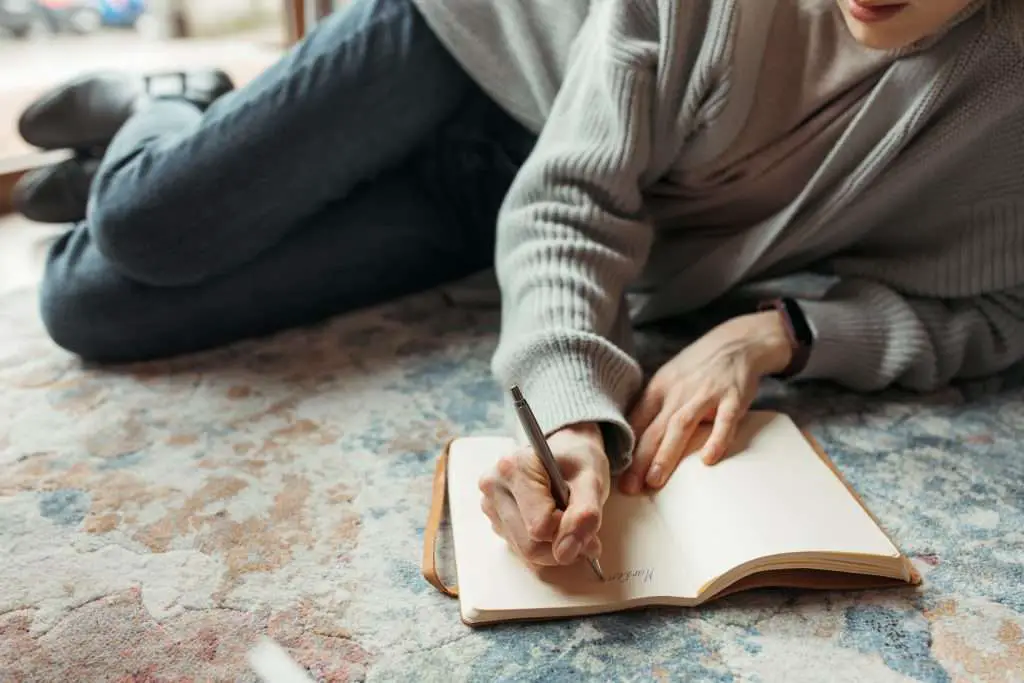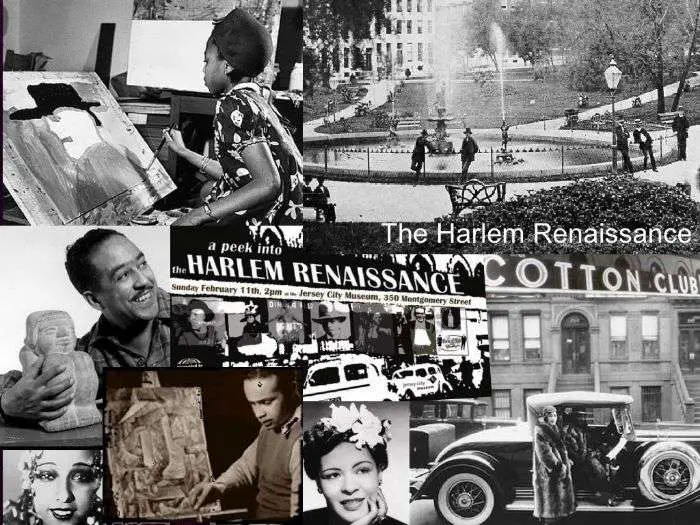How to Write Poetry That Doesn’t Suck.

Poetry is a powerful form of expression. It can be used to shine a light on dark topics, reflect on the beauty of life, and share one’s introspective thoughts in a way that no other art form can. But not all poetry is created equal.
You may have even found yourself wondering, “am I a good poet?” Well, there is no universal answer to the question of writing poetry.
But with these 12 tips, you will be able to get your feet wet and write poetry that doesn’t suck.
Affiliate Disclaimer: This post may contain affiliate links, which means I will receive a commission if you make a purchase using these links.
1. Use your voice
Everyone has a voice, the voice of their past, their family, and their life experiences. You can express your ideas and feelings using this voice.
You can also write poetry about people, their experiences, and how it makes you feel.
You can express your feelings about people and their experiences. Write about your loved ones and how they make you feel.
Write about the memories you have. You can write about your challenges. Write about the things that give you joy.
2. Have fun
Poetry is fun to write. You can let your imagination go wild and play and have fun with words and make your poetry colorful and colorful and colorful.
You can play with words, turn them into sounds, then stretch them to the limit and then slap your bum!
Think about your world
3. Be concise.
If you write a poem, it is important to get the message across as quickly as possible. Write about what you want the reader to know.
Don’t be shy about using language that is long. Just make sure it’s not too long to read.
Don’t be afraid to contradict yourself.
Our thought processes work in interesting ways. Write about everything! Look for conflicts in life that can be connected. Contrast that with something that makes sense.
4. Read lots of poetry
Read lots of poetry and get a feel for it. It is often not about whether you agree with the words but what they mean. Be eccentric.
Poetry doesn’t have to be rigid and staid. You have the option to interpret it how you like. There’s no point in forcing a poem to be about something.
Be open to the different ways in which it can be interpreted.
5. Writing poetry: be true to yourself
Believe in yourself and who you are. Poetry, to me, is personal expression and thus, each person’s ability to express in any way they want, is different. Keep these points in mind when you write:
- Don’t worry about being original.
- Stop comparing yourself to others. Just keep writing.
- Be brave and dare to write a poem.
- Use the language you are most familiar with (see the last section on style).
- Enjoy the process and stop worrying about whether you have written good poetry or not.
- When you do write a poem, try not to focus on the correct grammar. Try to concentrate on the meaning and the feeling of the words.
- Catch it.
- Move on to the next one.
- Discover new words.
- Look for metaphors and pictures in nature, your surroundings, etc.
- Doodle.
- Change the font style and size.
- Try to make your poems shorter.
- Find a voice.

6. Write about something you know
Life provides us with lots of experience, and you can draw from some of these experiences to write good poems. Here are some ideas about topics you can write poetry about:
- Write a poem about a person
- Write a poem about a place
- Write a poem about a feeling
- Try to make the poem funny
- Use a title
- Use rhyme
- Use rhythm
- Try a few free-form poems
- Write a love poem
- Write a death poem
- Write a party poem
- Write a friendship poem
- Write a school poem
- Read more poetry
7. Use a powerful picture
We’re all familiar with the old saying, “If you don’t like the weather in New York, just wait five minutes.” Poetry has to have a strong image in order for it to make an impact.
The image is the trigger that makes us want to read more. Too many young and amateur poets try to write with just a single image.
The result is that the poem doesn’t make any sense or have any impact. Instead of trying to write using one image, think about using images.
To better appreciate this, spend some time understanding how imagery is used in poetry by looking at examples of poems written by the masters.
8. Read and study poetry
Learning more about what poets do and how they write is important to your understanding of poetry writing. Get into the habit of writing poetry in your journals and notebooks.
You don’t need to share them with the public, but the more you write, the better you will get. You will also find that reading and writing poetry will enrich your vocabulary and reading skills.
You can also use apps to assist you along the way. Here is a list of 10 of the most popular poetry writing apps:
- Poetry creator-verse
- Poet’s Pad
- Poetry Daily
- Visual poetry word collage
- Haiku Poem
- RhymeZone
- Poet’s Corner
- Famous Poetry
- Pocket Poet
- Glossary of Poetry Terminology
P. S. Once you would have tried some of these poetry writing tools let me know in the comments section which one was your favorite or most used.
9. Learn from the masters
Apart from the need for a good story and good flow, a well-crafted poem also needs a theme. It’s also worth knowing what the pros and cons of poetry are before committing to it.
These include the subject of a poem, its placement in the work, its genre, its meter, etc.
What you’ll find is that, just like writing fiction, there are multiple pros and cons to writing poetry. It’s worth putting in the time to look into reading and studying the works of master poets.
For example, poets such as E.E. Cummings, Maya Angelou, Nikki Giovanni, William Wordsworth, Derek Walcott, Martin Carter, Pablo Neuruda, Langston Huges, and Alice Walker.
The works of some istapoets are also worth studying. Some of the notable ones are R. H. Sin, Rupi Kaur, Atticus, Amanda Lovelace, Lang Leav, Najwa Zebian, Arch Hades, Leticia, and Rudy Francisco.
After you would have read and studied the writings of some of these poets. Remember to practice, practice, practice.
10. Create a poetry writing outline
This is helpful as you can write a poem from start to finish rather than just piecing it together in your head. This helps you to keep your poem more coherent. Spend time thinking about a title.
When I write my poems, I usually spend quite a bit of time coming up with a title. Sift through old writing to find the right words.
Sometimes the old words might not be the words that express what you are trying to say in the new poem, but they can provide inspiration.
List possible ‘triggers’. This might be the name of a person you want to describe in the poem or something like “I felt I had been broken by love.” List your words on a sheet of paper so you can keep them handy.
Play around with various ideas, and do something fun. This could be an activity like reading a funny book, listening to a funny podcast, or listening to music.
You can learn a lot from different sources that you can implement in your piece. After all, music is just poetry in lyrical form.
11. Write the first line
It’s not uncommon for poets to go blank and stare at the blank page. Start with a strong opening line. For example: “They shot the wrong guy.” A strong opening line grabs the attention of the reader and sets the tone for the rest of the poem.
Avoid cliche and words and expressions. Learn to use familiar words and imagery in unique ways. By using unique imagery and changing words the end result is different.
Consider using pop-culture references will always be seen as a good technique to increase the odds of your being piece being different.
One of the most important tips I can leave with you is to make sure your poem is easy to understand. Make it as long as you need to write it.
The idea here is to put your time into writing and re-writing. You can choose any rhyming scheme of the system. Once your message is clear.
12. Fill in the rest of the poem
For some people, a poem is a short story with fewer words. Most of today’s instapoets write short poems.
These short poems work well in the social media sphere. But it is always good practice to ensure you use words to express your ideas or messages clearly and succinctly.
Once you do this, the length of the poem will take care of itself. Don’t ever just put a bunch of random words together and call it a poem.
That would be an insult to the art form and those who take it seriously. Some people do this all the time.
I recalled once being asked to analyze a poem given to me by someone. After the first reading, I thought, “This is not a poem. This is just words on paper.
When writing poetry, you have to pay attention and identify with the message. You have to understand that you’re writing about people, and it’s people who will read it.
Empathize with your subject, relate to them, and see yourself in them. Otherwise, you’ll be writing lines like, ” She’s bored at the office, licking the sole of her foot.” Take your writing seriously.
Take pride in every line you pen, even if you don’t share it with anyone.
Final Thoughts on Writing Poetry
In conclusion, poetry is a fulfilling genre to write and experience. A lot of people don’t see it as legitimate, when in fact it is one of the oldest and most interesting forms of manipulation of words.
By following some tips on how to write cool poetry presented above, you too can start to use your words in new ways and twist them into beautiful rhymes and rhythms.
Time spent writing poetry can be immensely rewarding, so I hope that these 12 tips for writing better poetry have inspired you to give the form a try.
If you found this post useful, please consider subscribing and leave a comment below. It’s easy and free!


